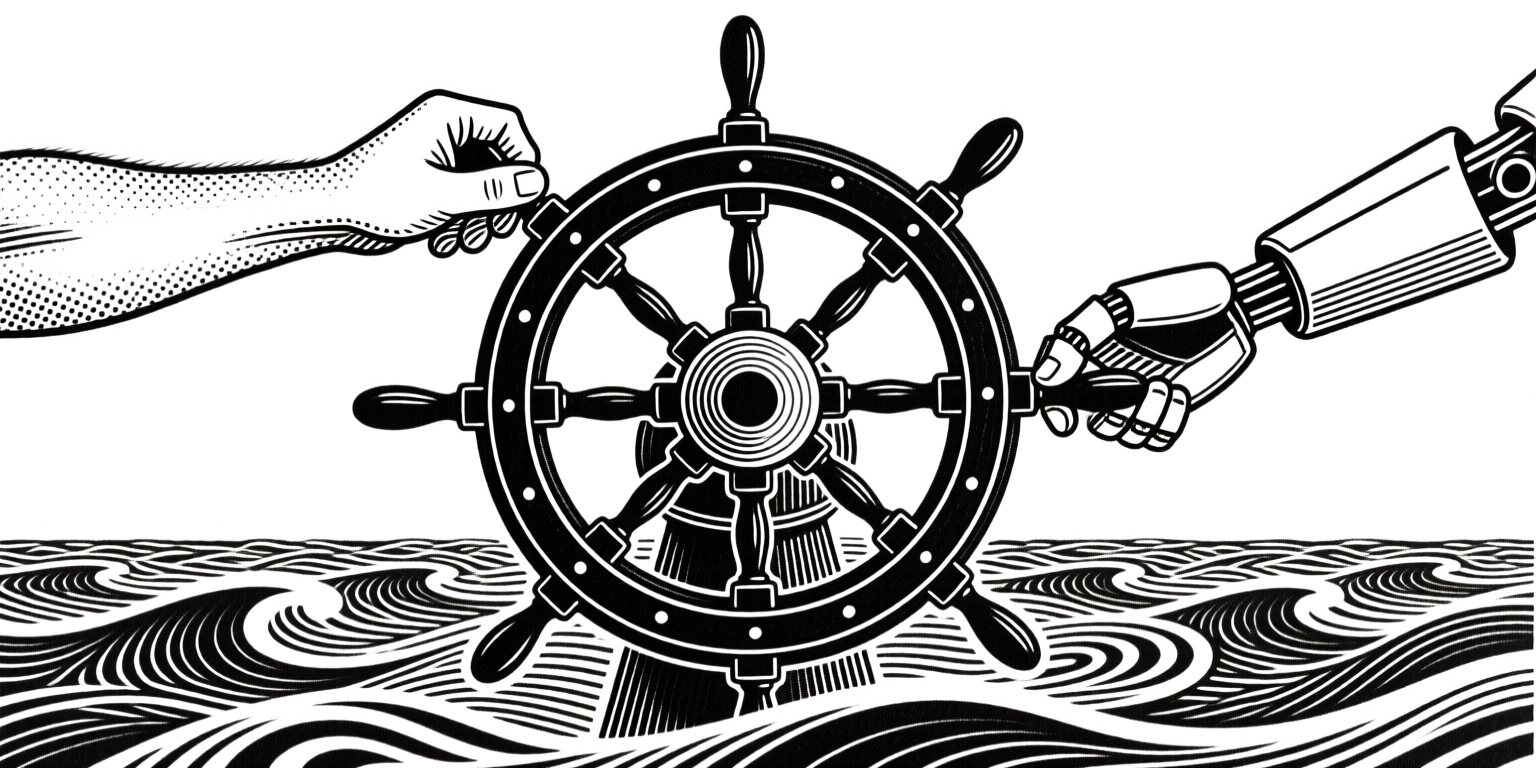Insights about
Business
-

Why Your AI Benchmarks Are Lying to You
Organizations deploy top-benchmarked AI that scores 94% on standardized tests, then watch it fail culturally within weeks because evaluation frameworks treat meaning-making like mathematics. Research from the Alan Turing Institute reveals why benchmark scores don’t predict real-world performance: they measure universal correctness when cultural work demands contextual appropriateness.
-

Why AI Won’t Save Your Broken System
Google Cloud’s 2025 DORA research surveyed 5,000 technology professionals and revealed AI as an amplifier, not a transformer—magnifying organizational strengths and dysfunctions equally. The uncomfortable truth: organizations celebrating individual productivity while ignoring foundational systems are funding failure at scale.
-

When Humans and AI Teams Actually Work Together
Three researchers from MIT, University of Calgary, and University of Tennessee reveal the complex dynamics of human-AI teams, but the deeper question is whether these partnerships enhance human capability or create technological dependency. Expert insights reveal teams that appear most successful with AI are actually generating inefficiency while organizations chase the wrong metrics.
-

Nvidia’s AI Boom Reveals Widening Economic Divide
Nvidia posted $26.4 billion in quarterly profit as American families face record debt and housing costs. When profits and hardship rise side by side, it’s worth asking: who really benefits from the AI boom, and what’s at stake when innovation outpaces shared prosperity?
-

Our Most Productive Employees Are Getting Penalized for Working Remotely
Remote workers clock one hour less per day than in 2019, yet productivity remains steady or improves. Despite this, they are 31% less likely to be promoted and 35% more likely to be laid off—described by Stanford economist Nicholas Bloom as “discrimination.” Organizations must recognize this hidden career penalty.
-

OpenAI is Not the Future of Artificial Intelligence
OpenAI burned $5 billion in 2024 while losing money on every query processed. Their leadership crisis drove away half the original GPT team, and their o3 model costs over $1,000 per query. Here’s why this trajectory threatens the innovation we need: sustainable AI progress requires distributed development, not monopolistic extraction.
-

How Organizational Context Creates Sustainable AI Advantage
Everyone’s measuring AI progress against the wrong benchmarks. While headlines obsess over missed AGI breakthroughs, just 12% of organizations have quietly unlocked something far more durable. They aren’t winning because they have smarter algorithms—here’s the hidden reality: true AI advantage comes from infusing your unique organizational DNA into every workflow.
-

How Google Broke Its Promise to Publishers through AI Overviews
Google spent two decades promising that quality content would earn visibility, then unilaterally broke that contract with AI Overviews. MailOnline’s traffic dropped 98% for top-ranking content when AI summaries appeared. Here’s why this represents more than a business disruption—it’s the fundamental transformation of how human knowledge gets valued.
-

Business Risk in the Space Between Characters
Most leaders think AI security means protecting against hackers breaking into systems. The real threat is hiding in plain sight—invisible Unicode characters that hijack AI decisions without leaving a trace. Here’s the unsettling reality: your AI systems are reading instructions you can’t see.
-

What Two AI Copyright Cases Mean for the Future of Human Creativity
Two federal court decisions just drew the first boundaries around AI training and copyright law, but the deeper question is whether these frameworks will democratize creative tools or concentrate power among existing gatekeepers. Legal experts reveal a troubling pattern: proposed solutions promise to protect everyday creators while actually delivering profits to a handful of groups.